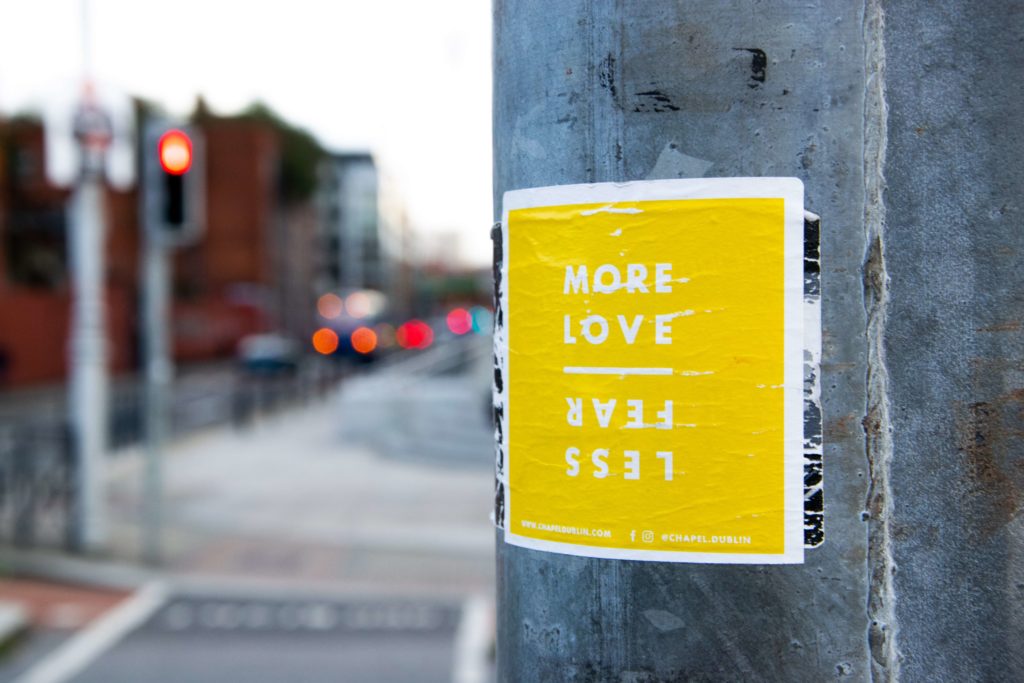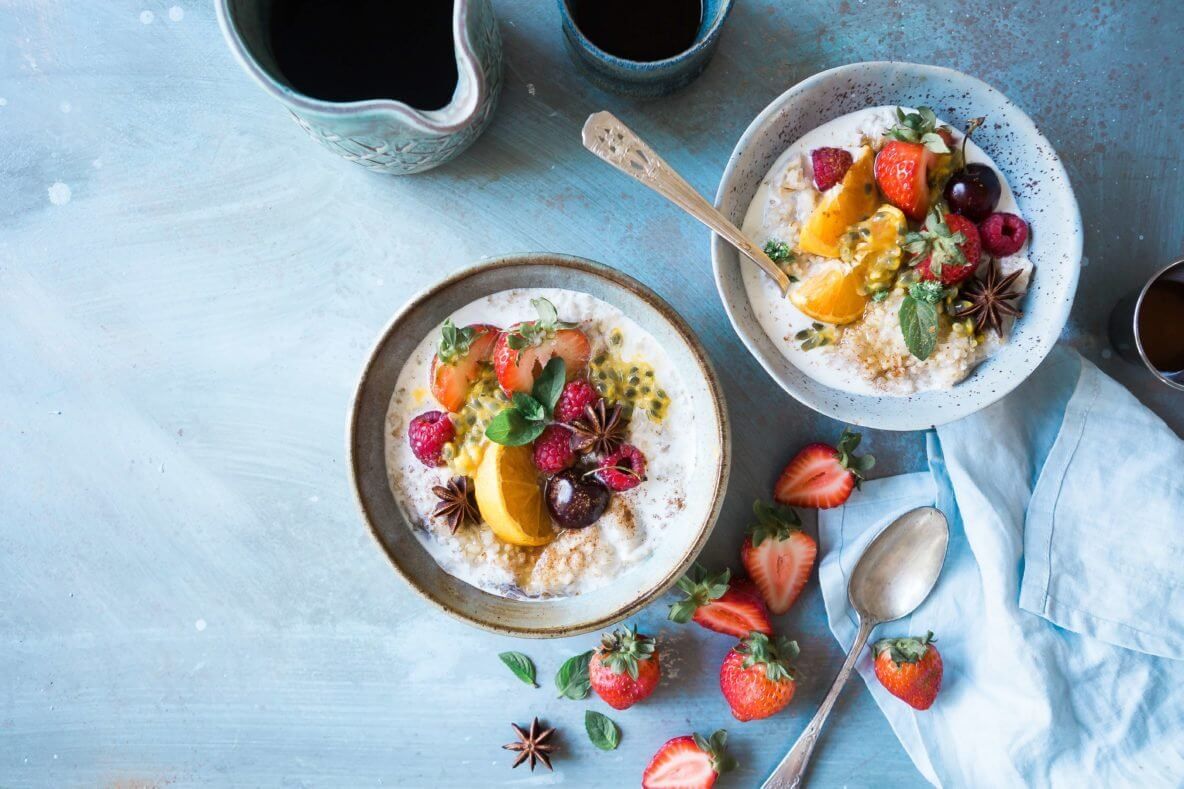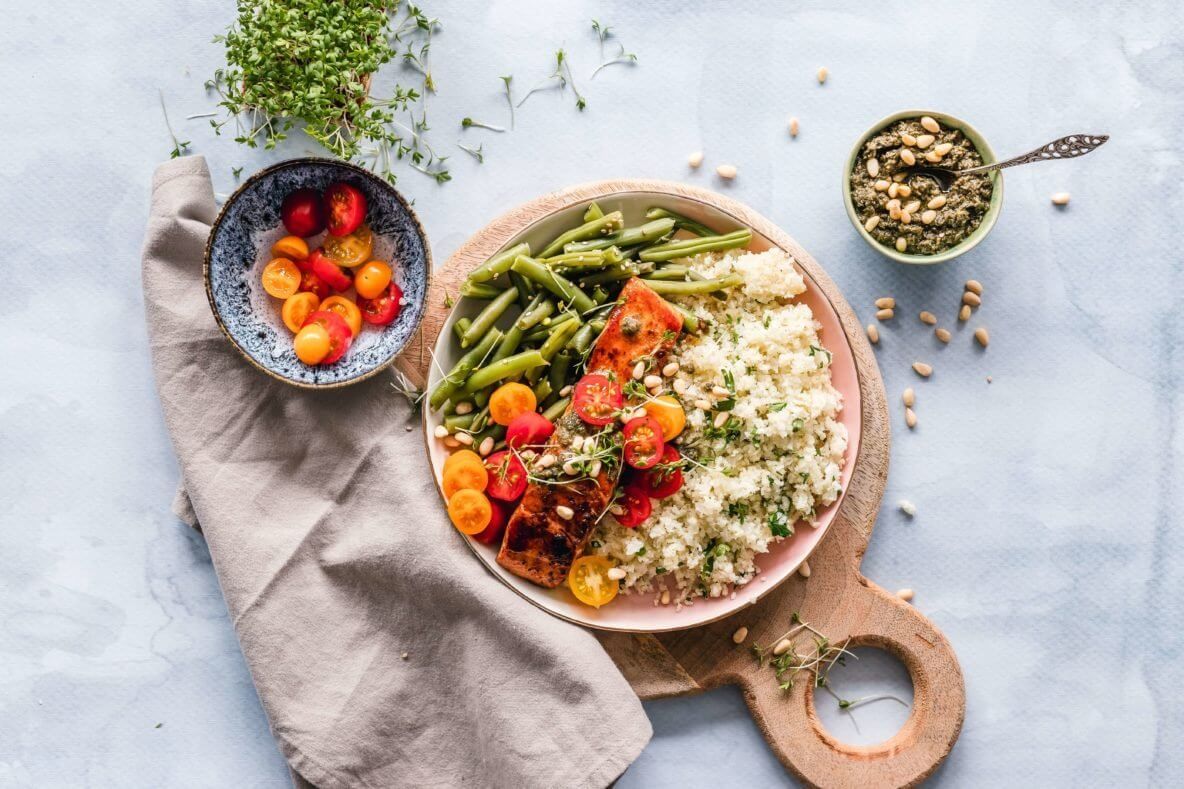
Inhaltsverzeichnis
Create peace in you: How you can no longer be disturbed
Living with inner peace means acknowledging, loving, and trusting yourself. It means accepting who you are right now. It doesn't mean hoping to find happiness and love outside of yourself, but rather starting with yourself. But above all, inner peace means accepting that you have the opportunity in every moment to decide what you want to feel, think, and act.
Nevertheless, it takes time to find and cultivate inner peace. Especially these days, we are increasingly distancing ourselves from ourselves and often losing touch with our intuition. In a society where we have learned to always react and where self-love is almost equated with selfishness, it is not easy to change our mindset. Inner peace must be relearned.
Today I would like to share with you the things I have learned on my personal journey to inner peace.
Don't take anything personally.
Far too often, we react with reactance to the comments of those around us. We quickly feel personally attacked, are insulted, and become angry. It's almost an art to not take things personally. But here lies the first key to inner peace: When we view other people's comments or actions rationally and put our ego aside, these things can bounce off us, and we see them for what they are: the comments and actions of other people. What others say or do has nothing to do with you. It says a lot more about the person when they say, "You annoy me," than it says about you.
So try not to identify with what comes to you from the outside. Pause and consciously decide not to take it personally.
If you'd like to delve deeper into this topic, I wholeheartedly recommend the book "The Four Promises" by Don Miguel Ruiz. This book changed so much for me back then!
Shield yourself from negative influences.
This doesn't mean that you should stay away from all the evil in the world – that's not possible. Because then you wouldn't be allowed to leave your house at all. But what can help you to not let other people's negative emotions get to you so much is to create a imaginative protective cover to build up. Like a soap bubble, this protective shell envelops you and lets everything that doesn't serve you bounce off you. You simply don't let other people's negativity get to you. For example, if you're sitting on the train in the morning and the people sitting next to you are once again complaining about how our world is falling apart because everyone is just staring at their phones, then don't go along with their anger. That doesn't mean you have to approve of "everyone just staring at their phones," not at all. But don't let this anger infect you. In here, out there.
By the way, I'm serious when I say you should imagine an imaginary soap bubble around you. These images can help enormously in finding inner peace!
Be grateful.
You can go through your day much more balanced and positively if you acknowledge everything you have. If you appreciate the roof over your head, your eyesight, or your internet access. If we constantly focus on what we don't have, we live in a state of lack. We are dissatisfied and feel we could be doing much better. After all, others have more money, more friends, or a better job. That may be true.But in doing so, we forget all the wealth we already possess – be it material or immaterial.
Make it a habit to be grateful every dayWhether you write it down, say it in your head, or discuss it with others, it doesn't matter. It's about recognizing what's already there, instead of focusing on what isn't.

Choose love.
Almost all of our decisions come down to the question, "Do I choose love or do I choose fear?" Think about it: Why do you do the things you do? If you ask yourself this question over and over again, the answer will always be either "Out of love" or "Out of fear." When you become aware of this, it will be easier for you to decide. You'll also be more at peace with yourself. The peace within you grows with each time you choose love over fear. Ask yourself: "What would love do?”
Practice mindfulness.
Mindfulness means intentionally and non-judgmentally directing attention to the experience of the present moment. This can happen explicitly in meditation or yoga exercises, for example. But one can, in principle, be mindful in every everyday moment. For example, one can consciously perceive the sensory sensations while brushing one's teeth. Mindfulness is about leaving the "doing mode" and entering the "being-mode” Simply being there and being completely in the here and now. Mindfulness can also be achieved through gratitude or Journaling practice. When you treat yourself and your life more mindfully, you're not only more present, but also more focused and often more positive. You learn not to identify with your thoughts and can move through life more relaxed. Here you will find a lot of further inspiration on the topic of mindfulness.
If you try to implement these things into your daily life or remind yourself of these tips again and again, you're already doing a great deal to strengthen and allow peace to flourish within you. But be aware that everything is a process, and change takes time.
Do you find it difficult to find inner peace?
If you would like to learn more about mindfulness, healthy eating or sustainability, take a look here over.




























Leave a comment
This site is protected by hCaptcha and the hCaptcha Privacy Policy and Terms of Service apply.